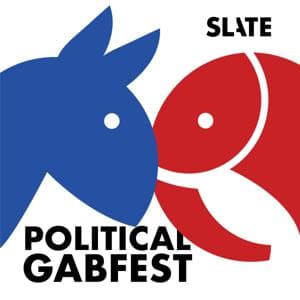In this episode of Ruled by Reason, AAI VP and Director of Legal Advocacy Kathleen Bradish speaks with Professor Jennifer Sturiale about how her recent work attempts to address the persistent gap between public concern over monopolies and the limits of current Section 2 enforcement. Sturiale notes at the outset that her work originates in a fundament, ongoing issue: while antitrust law is, by its nature, deliberately narrow—designed not to punish firms that acquire monopoly power through "superior business acumen" or historic accident—this leaves significant harms unaddressed. In her view, monopoly power is harmful regardless of how it is acquired, not only because of price, output, or quality effects, but also because monopolists amass outsized resources that can distort politics, media, litigation, and democratic processes more broadly. (2:37)
Sturiale then describes how her recent scholarship explores an unconventional alternative: using federal or state eminent domain powers—what she calls an "extra-antitrust" approach—to address market concentration. (5:49) Drawing on Supreme Court takings jurisprudence, particularly Hawaii Housing Authority v. Midkiff, she explains that the Court has interpreted "public use" broadly to include correcting economic distortions such as oligopoly. (9:12) She argues that this precedent suggests governments could, in principle, condemn property to break up monopolized or highly concentrated markets, provided just compensation is paid. Her illustrative example involves the highly concentrated dialysis market, where states could use eminent domain to enable new entry and competition without proving exclusionary conduct under traditional antitrust standards. (13:45)
A central advantage of this approach, Sturiale argues, is that it bypasses many of the evidentiary burdens that make Section 2 cases slow, costly, and uncertain—such as market definition and proof of anticompetitive conduct. (29:35) Legislatures, rather than courts alone, could determine that a market is excessively concentrated based on hearings, expert testimony, and consumer experience. Compensation requirements would serve as an important limiting principle, both restraining overuse of eminent domain and preserving incentives to innovate, since firms could be compensated for lost profits rather than punished through treble damages. (23:55)
At the same time, Sturiale is clear that her proposal is both a serious thought experiment and a critique. Political will, lobbying by powerful firms, valuation difficulties, and constitutional constraints—especially in national or IP-driven markets—pose real obstacles. (32:66) Still, she suggests that state-level experimentation in local markets could demonstrate feasibility and help democratize responses to market power. (46:35) Ultimately, the discussion reframes monopolization remedies not as solely an antitrust problem, but as part of a broader set of tools available to democratic governments confronting durable concentration in modern markets.




































